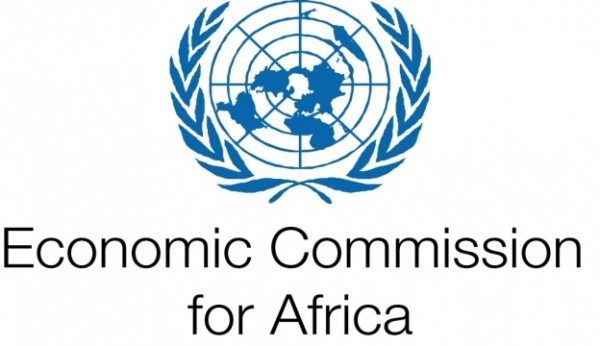The African Trade Policy Centre of the Economic Commission for Africa (ECA), in partnership with Thabo Mbeki African Leadership Institute (TMALI) and the Pan African Strategic and Policy Research Group (PANAGRAF), last week hosted the 2nd Roundtable on Equity in Intra African Trade-Induced Industrialization and Integration.
The roundtable is part of a series launched in 2016, and focused on Public-Private-People-Partnership (4Ps) “Living Labs” in fast-tracking the African Continental Free Trade Area (AfCFTA).
The objective of the Roundtable was to introduce the concept of Living Labs for stakeholders for structured intra/inter stakeholder consultations, and explore the ways in which the concept could be applied to enhance intra-African trade.
At the same time, the roundtable served as a Living Lab itself, acting as a platform for informal feedback and advocacy for the stakeholders on questions of intra-African trade, industrialization and regional integration.
Speaking on behalf of Ms. Treasure Maphanga, Director for Trade and Industry at the African Union Commission, Mr. Prudence Sebahizi, head of the AUC’s AfCFTA Unit, highlighted the importance of stakeholder consultation platforms, especially to address issues relevant to youth, women and other special interest groups.
“The AfCFTA will not succeed unless there is a robust dialogue at national level complemented by regional and continental dialogue sessions,” he further added.
Throughout the roundtable, participants emphasized the need for inclusiveness and community-level engagement when discussing trade policy and intra-African trade.
A key challenge for policy making in Africa was considered to be the lack of implementation of existing initiatives, and the need to better turn research into policy and innovation on the ground.
It was recommended that roundtable partners use the Living Labs concept to better advocate for intra-African trade and the AfCFTA and strengthen buy-in at national level, regional and continental level.
The roundtable contributions will be edited into a book and disseminated as a resource for policy makers, academics, civil society actors and other stakeholders.



